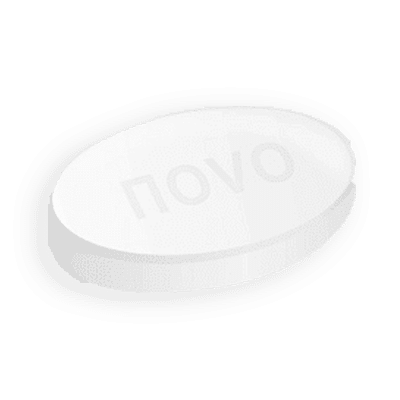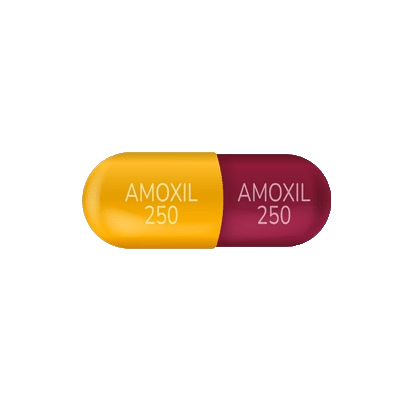I was treated for infectious bronchitis with Erythromycin. At first there was mild nausea, but the doctors advised me not to stop taking it, and indeed, after a couple of days it got better. The infection went away quickly, I am happy with the antibiotics.

Erythromycin
- Discreet shipping
- Pay with crypto
- Quality products
- BTC,
- ETH,
- USDT,
- USDC
What is it?
Erythromycin is an antibiotic that belongs to the macrolide group. This medicine is used to treat various types of infections caused by bacteria and is considered one of the effective means to combat bacterial infections. It works by stopping the growth of bacteria, which helps the patient recover quickly.
Frequently asked questions
Composition
The composition of the drug plays a key role in its effectiveness and safety. The main active component of Erythromycin is erythromycin, which provides its antibacterial properties. This component has a powerful effect on bacteria, preventing their reproduction. However, the drug may also contain other inactive ingredients that maintain the stability and form of the drug.
- Erythromycin is the main active ingredient responsible for the antibacterial effect.
- Fillers and stabilizers are auxiliary substances that ensure the stability and ease of administration of the drug.
Added substances may vary depending on the form of release and the manufacturer, but they usually do not have a significant effect on the effectiveness of the main component.
How to use?
Use of Erythromycin is prescribed strictly according to the instructions and recommendations of the doctor. To achieve the maximum effect of treatment, it is necessary to follow the established rules and not make mistakes in taking the drug.
- The tablets should be taken as prescribed by the doctor, usually with a full glass of water (8 ounces).
- The drug can be taken both on an empty stomach and with food to minimize possible stomach upset.
- Do not crush, chew or break the delayed-release tablets. They must be swallowed whole so as not to disrupt the mechanism of action of the drug.
Following these simple recommendations will ensure effective treatment and minimize the risk of side effects.
How does it work?
The mechanism of action of Erythromycin is based on its ability to interfere with the processes associated with the growth and reproduction of bacteria. Erythromycin binds to the ribosomes of bacterial cells, disrupting protein synthesis, which ultimately leads to a cessation of their growth. This makes it an effective treatment for infections caused by microorganisms sensitive to the drug.
The antibacterial properties of this drug are specifically aimed at a wide range of gram-positive and gram-negative bacteria. The effect is achieved by direct action on bacterial cells, which allows you to destroy colonies and reduce their resistance. The drug begins to act in the first hours after administration, which contributes to the rapid onset of the patients recovery process.
Indications
The use of Erythromycin is justified in various diseases caused by sensitive bacteria. It is a universal antibiotic used to treat a wide range of bacterial infections.
- Respiratory tract infections, including bronchitis and pneumonia, caused by various strains of bacteria.
- Skin infections, such as acne and rosacea, which are poorly responsive to other treatments.
- Urinary tract infections, including complicated bacterial infections.
- Prevention and treatment of specific diseases, such as chlamydia and syphilis, when the pathogen is sensitive.
These indications provide wide use of the drug in medical practice for the treatment of various infectious diseases.
Contraindications
Contraindications to the use of Erythromycin are associated with certain conditions that may complicate treatment or cause adverse reactions. Therefore, before starting treatment, it is important to familiarize yourself with these contraindications and consult a doctor.
- Allergy to erythromycin or other components of the drug, which can cause serious allergic reactions.
- Concomitant use with certain drugs, such as cisapride or pimozide, due to possible interactions.
- Liver disease or myasthenia gravis, which may require dose adjustment or special monitoring.
- Pregnancy and breastfeeding, since erythromycin can penetrate the placental barrier and into breast milk.
These contraindications should be taken into account in order to protect the patient from possible complications and increase the effectiveness of treatment.
Side effects
When using Erythromycin, there may be some side effects, as with any medication. Most of these are temporary and go away without any specific treatment, but it is important to be aware of possible reactions so that you can recognize the symptoms in time and seek medical attention.
- Serious allergic reactions such as hives, breathing problems, and swelling of the face or throat.
- Serious heart symptoms including chest pain and irregular heartbeat that require immediate medical attention.
- Liver symptoms such as jaundice and changes in urine and stool color that require medical attention.
- Lesser symptoms including mild nausea, dizziness, and fatigue that usually go away on their own.
If any of these symptoms occur, it is important to seek medical attention immediately to prevent complications.
Erythromycin Reviews and Experiences
I took Erythromycin after another antibiotic failed. It worked well for my skin infection. The only thing I was worried about was an upset stomach, but it turned out to be quite common and didnt require treatment.
I suffered from tonsillitis for a long time until the doctor prescribed Erythromycin. The effect was noticeable after a couple of days. There were practically no side effects, except for a slight headache, which went away quite quickly.



